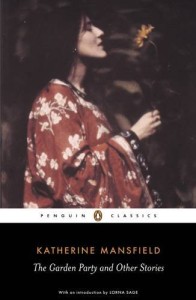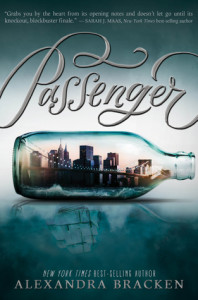
 Title: Eleanor by Jason Gurley
Title: Eleanor by Jason Gurley Published by Crown
Published: January 12th 2016
Genres: Magical Realism
Pages: 384
Format: Hardcover
Source: Library
Buy: Bookshop(afflilate link)
Goodreads
Eleanor and Esmerelda are identical twins with a secret language all their own, inseparable until a terrible accident claims Esme’s life. Eleanor’s family is left in tatters: her mother retreats inward, seeking comfort in bottles; her father reluctantly abandons ship. Eleanor is forced to grow up more quickly than a child should, and becomes the target of her mother’s growing rage. Years pass, and Eleanor’s painful reality begins to unravel in strange ways. The first time it happens, she walks through a school doorway, and finds herself in a cornfield, beneath wide blue skies. When she stumbles back into her own world, time has flown by without her. Again and again, against her will, she falls out of her world and into other, stranger ones, leaving behind empty rooms and worried loved ones. One fateful day, Eleanor leaps from a cliff and is torn from her world altogether. She meets a mysterious stranger, Mea, who reveals to Eleanor the weight of her family’s loss. To save her broken parents, and rescue herself, Eleanor must learn how deep the well of her mother’s grief and her father’s heartbreak truly goes. Esmerelda’s death was not the only tragic loss in her family’s fragmented history, and unless Eleanor can master her strange new abilities, it may not be the last.
Eleanor opens with a woman named Eleanor, trapped in her home life as a mother and desiring to go swim in the ocean. At the end of the prologue, Eleanor, stripped to nakedness, walks into the ocean and never returns. Agnes, her daughter, feels the loss of her mother for the rest of her life. When she has twins, Agnes names one of her daughters Esmeralda while her husband names the second daughter Eleanor. It becomes obvious as the novel progresses that the children each parent names are their individual favorites. The young Eleanor beings to realize this after a horrific accident kills her twin sister. After her parents’ divorce, Eleanor stays with Agnes. Agnes, in her grief, falls into an alcoholic spiral as she cannot handle seeing Eleanor everyday because her surviving daughter is the exact image of Esmeralda and a reminder of her own mother’s death and disappearance.
Eleanor cannot live up to her mother’s expectations, and that knowledge affects her relationship with her mother and her father. As she ages, strange things begin happening to her. Eleanor falls out of time, disappearing into the space beyond time. Sometimes she is gone for seconds or minutes, sometimes she is gone for much longer. When she is in this space beyond (or between??) time, Eleanor meets an entity that we as readers know has been watching Eleanor for a long time. Eleanor is given the option to change everything, a decision with which she struggles but eventually accepts.
I won’t spoil it, but the option of a resent and the whispery, time-free monsters that human language cannot define is so similar atmospherically to Neil Gaiman’s The Ocean at the End of the Lane. If you liked that novel, I totally recommend this one, and if you enjoy magical realism, I wholeheartedly recommend this one. It’s lyrical, magical, and a little bit heartbreaking. It’s a read that will keep you thinking about what happens and what could happen long after you read the final page.



 Title:
Title:  Title:
Title: